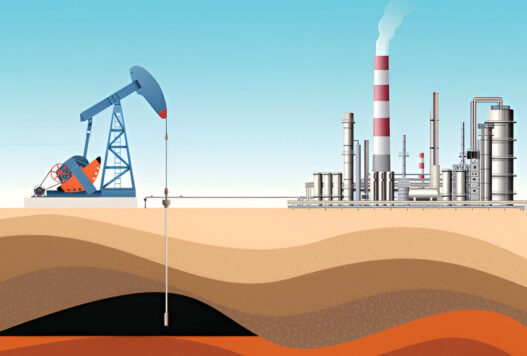The Pradhan Mantri Ujjwala Yojana (PMUY) is a flagship scheme of the Indian government, aimed at providing free Liquefied Petroleum Gas (LPG) connections to women from Below Poverty Line (BPL) households. This initiative addresses the critical need for clean cooking fuel in rural areas, where traditional methods often lead to health issues and environmental degradation. The revised guidelines outline the scheme’s objectives, eligibility criteria, implementation process, and financial aspects.
Scheme Objectives
The PMUY scheme aims to:
-
Provide clean cooking fuel to all poor households.
-
Improve the health of women and children by reducing their exposure to unclean fuel.
-
Empower women by providing them with control over their household energy resources.
-
Cover 8 crore BPL families by the financial year 2019-2020.
Target Beneficiaries
The scheme targets women from BPL households, identified through the Socio-Economic Caste Census (SECC) 2011 database or belonging to one of the following categories:
-
Antyodaya Anna Yojana (AAY) beneficiaries
-
Pradhan Mantri Awas Yojana (Gramin) beneficiaries
-
Scheduled Caste (SC) and Scheduled Tribe (ST) households
-
Forest dwellers
-
Most Backward Classes
-
Tea and Ex-Tea Garden Tribes
-
People residing in islands and river islands
Implementation Modalities
The implementation of the PMUY scheme involves the following steps:
-
Application: A woman from a BPL household without an LPG connection can apply to an LPG distributor, providing details such as address, bank account, and Aadhaar number.
-
Verification: LPG field officials verify applications and enter details into a dedicated online portal.
-
Due Diligence: Oil Marketing Companies (OMCs) undertake electronic de-duplication and other due diligence measures.
-
Connection Issuance: Eligible beneficiaries are issued LPG connections by the OMCs.
-
Financial Assistance: The government provides cash assistance of Rs. 1600 to cover the initial cost of the connection.
-
EMI Option: OMCs provide an option for new consumers to opt for EMIs to cover the cost of a cooking stove and the first refill.
-
Voluntary Contributions: State governments, voluntary organizations, or individuals can contribute to the cost of a stove or first refill, but this must be under the PMUY umbrella, without any other scheme name or tagline.
-
Melas: OMCs organize ‘Melas’ at various locations to release connections to BPL families, often with the presence of public representatives.
-
Coverage: The scheme covers BPL families under all forms of distributorship and for various sizes of cylinders.
Financial Aspects
-
The government provides a cash assistance of Rs. 1600 for each new LPG connection.
-
The scheme also includes a provision of 2% for IEC (Information, Education, and Communication) expenses, including project management, evaluation, and technology support.
-
The OMCs will submit their claims for the connections released to the Petroleum Planning and Analysis Cell (PPAC), which will scrutinize and forward the claims to the Ministry of Petroleum and Natural Gas (MOP&NG) for reimbursement.
Audit and Dispute Resolution
-
All claims submitted by OMCs are subject to audit and must include an audit certificate.
-
PPAC scrutinizes claims and may conduct physical verification.
-
The government may also undertake third-party audits.
-
Disputes related to the interpretation of the scheme are referred to MOP&NG, whose decision is final.
Conclusion
The revised guidelines for the Pradhan Mantri Ujjwala Yojana (PMUY) reflect the government’s commitment to providing clean cooking fuel to all poor households. By streamlining the implementation process and ensuring financial support, the scheme aims to improve the health and well-being of women and children, particularly in rural areas. The scheme’s focus on providing LPG connections to women from BPL households represents a significant step towards promoting inclusive and sustainable development.




